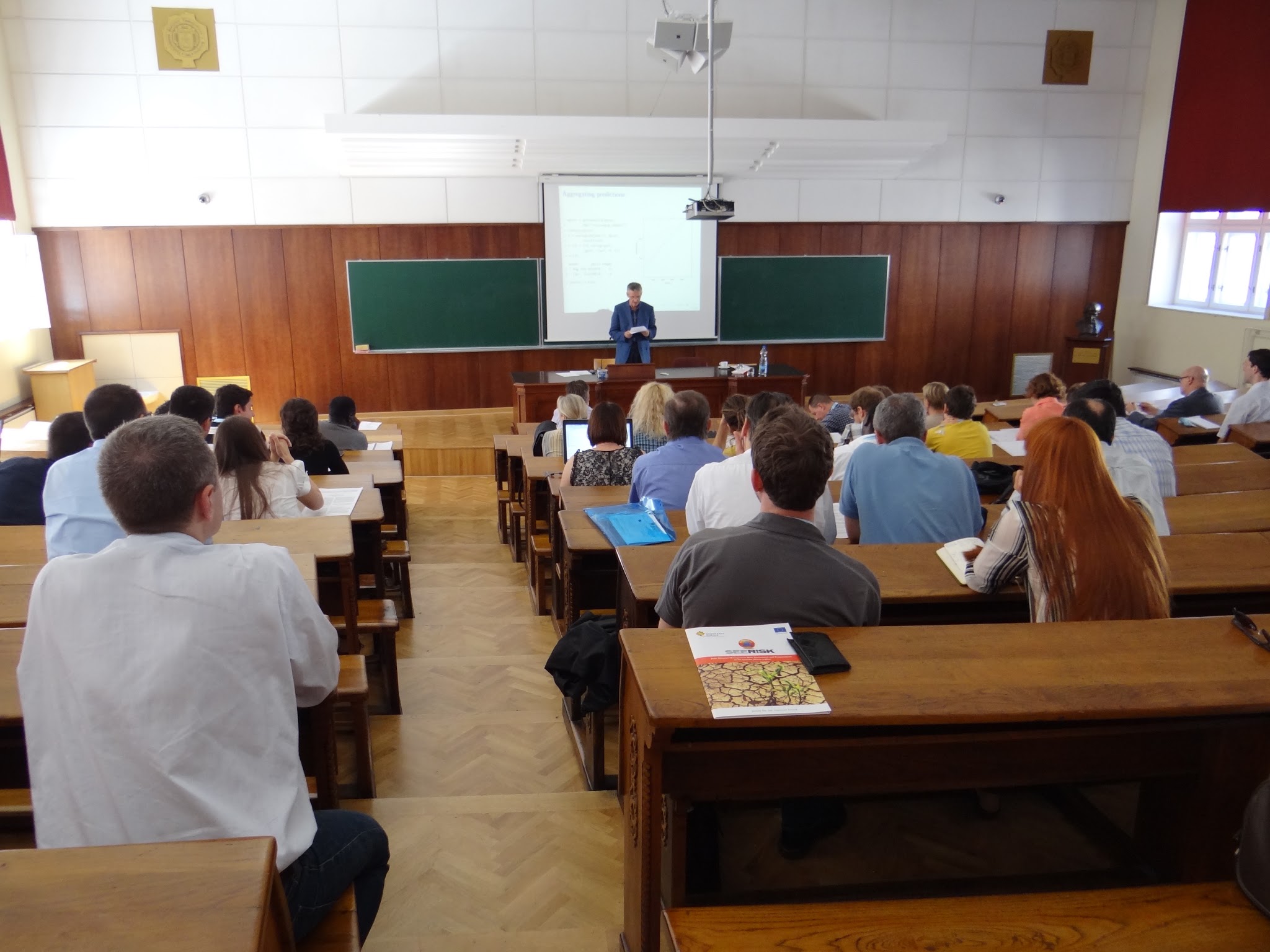
Conference
Workshops programme
 Workshops programme in PDF format
Workshops programme in PDF format
Tuesday 21/06/2016
CDS 1, third floor
| Mikhail Kanevski: "Machine learning of geospatial data: achievements and new trends" (practice will be done with user friendly software, programming skills are not required) | |
| 09:30 – 10:00 | Registration |
| 10:00 – 11:15 | Session I |
| 11:15 – 11:45 | Coffee break |
| 11:45 – 13:00 | Session II |
| 13:00 – 14:00 | Light lunch |
| 14:00 – 16:00 | Session III |
| 16:00 – 16:30 | Coffee break |
| 16:30 – 17:30 | Session IV |
CDS 2, third floor
 Optional parallel session
Optional parallel session| Milan Kilibarda / Tomislav Hengl: "Introduction to spatial and spacetime objects in R" | |
| 09:30 – 10:00 | Registration |
| 10:00 – 11:15 | Session I |
| 11:15 – 11:45 | Coffee break |
| 11:45 – 13:00 | Session II |
| 13:00 – 14:00 | Light lunch |
| 14:00 – 16:00 | Session III |
| 16:00 – 16:30 | Coffee break |
Wednesday 22/06/2016
CDS 1, third floor
| Tomislav Hengl: "Automated mapping in 2D, 3D, and 2D+T using machine learning in R" | |
| 09:00 – 11:00 | Session I |
| 11:00 – 11:30 | Coffee break |
| 11:30 – 13:00 | Session II |
| 13:00 – 14:00 | Light lunch |
| Milan Kilibarda : "Spatial and spatio-temporal prediction and visualisation of climate elements in R" | |
| 14:00 – 15:30 | Session I |
| 15:30 – 16:00 | Coffee break |
| 16:00 – 17:30 | Session II |


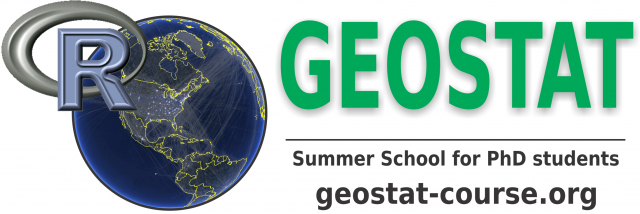


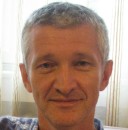



 Send email
Send email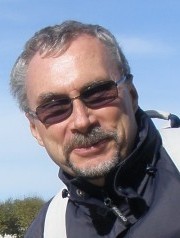


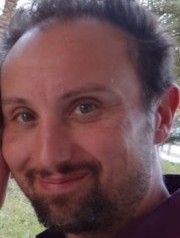
 DOC TEMPLATE FOR GeoMLA 2016.
DOC TEMPLATE FOR GeoMLA 2016.
